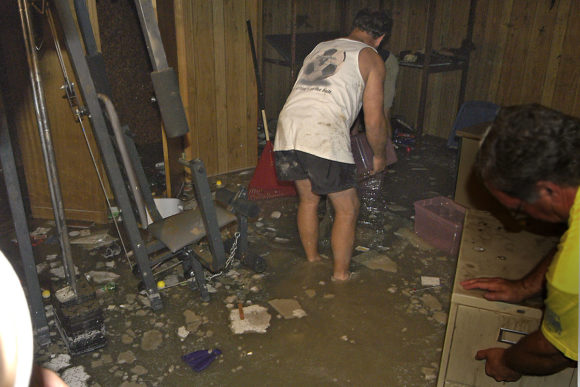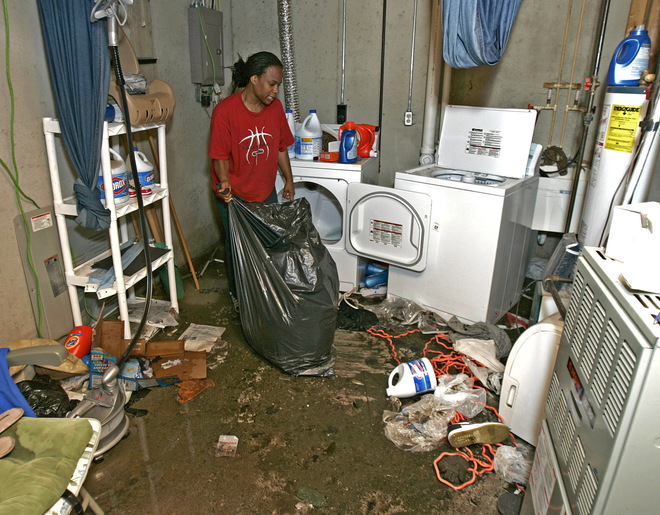Action Alert: Speak Up and Rally Against Sewage Backups
Sewage doesn’t belong in our streets – or our homes.
Speak out against sewage backups into buildings in Baltimore City. Join us at Baltimore City Council’s upcoming hearing on sewage backups and a pre-hearing rally!
- Wednesday November 13, 2019
- 4pm: Rally at War Memorial Plaza (will also be livestreamed on our Facebook page)
- 5pm to 6:30pm: Hearing at Baltimore City Hall (will be televised)
[maxbutton id=”2″ url=”https://bluewaterbaltimore.tfaforms.net/337340?VSID=a0V1K00000DPokp ” text=”Sign Up Here” ]
Three ways to take action
- Sign up to join the rally and hearing.
- Paint about poop (aka. make signs for the rally with us).
- Learn more. Download our handy sewage backup fact sheet and infographic.
What’s this hearing about?
This hearing will focus on the effectiveness of current measures to address basement backups of raw sewage in Baltimore City homes. We believe that the City could do so much better.
Results are in from the first year of the City’s Sewage Backup Reimbursement Program and the data speaks for itself – there are serious problems with the design and administration of the program. There are steps the City can — and should — take to remedy those problems.
Have you had toxic sewage backup into your home in Baltimore City? Are you worried that it might happen to you? Do you want to hold Baltimore City accountable and make sure your neighbors get the support they need in the case of an expensive and dangerous backup?
Join us to make your voice heard: Baltimore deserves better!
Why does this matter?

Sewage backups in homes and buildings are a big problem in Baltimore.
Heavy rainfall coupled with the city’s crumbling infrastructure causes toxic sewage to back up into residents’ homes thousands of times a year. These backups put residents’ health, homes, and financial security at risk.
In April 2018, Baltimore City launched a pilot Expedited Reimbursement Program to help residents dealing with a basement backup. Reimbursements cover the cost of cleaning up a basement backup when caused by heavy rain and pipe capacity issues.
The pilot program is supposed to pave the way for the City to create a permanent program required by the federal Sanitary Sewer Consent Decree. But after 18 months, the project has done little to help residents.
According to the City’s latest Consent Decree quarterly report:
- More than 4,600 reports of building sewage backups were reported to 311 in the program’s first year. Only 74 households applied for reimbursement. Of those, Baltimore City Department of Public Works (DPW) rejected all but 10.
- Of the $2 million set aside to reimburse residents, less than $15,000 (<1%) has been paid out.
- Eligible applications can receive up to $2,500. However, funds support cleanup and disinfecting and can’t be used for property damage. In many cases, this is far from enough.
- Program restrictions and requirements disqualify thousands of people who would benefit most from this program.
Lifting restrictions, better advertising, and increasing the dollar amount that can be reimbursed would all make things easier for residents dealing with a basement backup.
Help us speak out to improve this program. We can help make sure our communities receive the support they need.
Who will be there?
Representatives from five Baltimore City departments have been invited to appear:
- Department of Public Works (DPW)
- Law Department
- Office of Information and Technology
- Health Department
- Mayor’s Office of Emergency Management
Make your voice heard on November 13!
This is your chance to tell City officials more can be done.
[maxbutton id=”2″ url=”https://bluewaterbaltimore.tfaforms.net/337340?VSID=a0V1K00000DPokp ” text=”Sign Up Here” ]
_________________
Pictured: Despite the health risks, many Baltimore residents have no choice but to clean up a sewage backup in their home by themselves. Alt text: A woman without gloves or protective equipment holding a trash bag cleaning up after a sewage backup into her home. (Credit: John Klein / Journal Sentinel).

